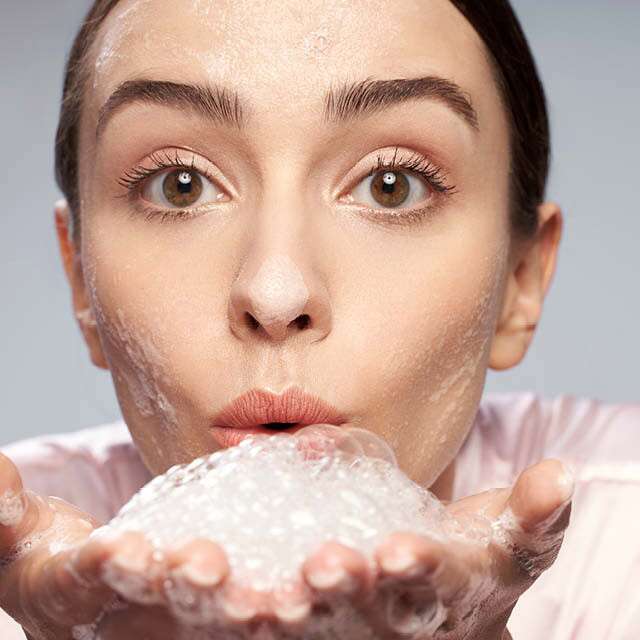
Is Cleanser and Face Wash Same
Cleanser vs Face Wash: Is There Really a Difference?
If you’re an avid skincare lover, you’ve likely noticed the terms “cleanser” and “face wash” used interchangeably on product labels and marketing. But are they actually the same thing, or are cleanser and face wash two distinct products with their own unique purposes? Let’s break it down and uncover the truth.
The Short Answer
In most cases, cleansers and face washes are essentially the same product – a skin care formula designed to cleanse and remove dirt, oil, makeup, and impurities from the face. The terms are often used synonymously by brands. However, there are some key distinctions that separate the two categories.
Cleansers Tend to Be More Gentle
Traditional cleansers are typically gentler, rinse-off formulations made with milder surfactants and ingredients that won’t strip your skin’s natural oils. They gently cleanse without harsh chemicals or foaming agents that can potentially cause irritation, dryness, or a compromised skin barrier.
Foaming Face Washes Are Usually Harsher
In contrast, most face washes contain harsher detergents and foaming agents that create that satisfying, sudsy lather as you cleanse. While effective at removing surface grime, oils, and makeup, those foaming agents can also strip away your skin’s protective barrier over time. This often leaves skin feeling tight and dehydrated – not ideal for those with dry or sensitive complexions.
Are Face Washes Always Foamy Then?
Not necessarily! Some modern face wash formulas have evolved to be much gentler, incorporating the same mild surfactants as traditional cleansers. The key difference is that face washes were originally created with foaming detergents in mind. Many brands now offer non-foaming, soft cream, gel, or milk-based face washes.
What About Ingredients & Formulas?
When looking at individual cleansers versus face washes, you’ll find a range of ingredients and formulas within each category. No two products are exactly alike.
Cleansers may feature hydrating ingredients like ceramides, glycerin, and botanical oils to coddle skin. Face washes sometimes pack in exfoliating acids, anti-aging antioxidants, or blemish-fighting ingredients. There’s no universal formula rules.
Skin Types Matter Too
In general, individuals with dry, dehydrated, sensitive, or mature complexions tend to favor gentler cleansers. Those with oily, acne-prone, or combination skin types may prefer the extra cleansing power and actives found in some face washes.
Should You Use Both?
For most people, using either a high-quality cleanser or face wash once or twice daily is perfectly fine for cleansing skin. There’s no inherent need to use both products. Your individual skin type, concerns, and preferences will dictate which type of formula is ideal.
That said, some people do enjoy a “double cleanse” approach. This method involves first using a makeup-removing cleansing balm or oil to dissolve makeup, sunscreen, and heavy grime. Then, following up with a gentle, water-based cleanser/face wash to remove any residue and deep clean pores. It’s not mandatory, but it can be an effective cleansing strategy for some.
Key Cleansing Reminders
No matter which cleansing product you choose, remember these important tips:
- Always opt for fragrance-free and non-comedogenic if you’re acne-prone.
- Don’t over-cleanse. Once or twice daily is sufficient for most people.
- Follow cleansing with an alcohol-free toner and moisturizer to replenish hydration.
- Avoid harsh scrubbing motions and intensely hot water that strips skin.
- Listen to your skin! Switch products if you’re experiencing irritation or dryness.
At the end of the day, finding the right cleanser or face wash is an individual journey. Don’t get too caught up in semantics – focus on products containing quality ingredients that leave your unique skin feeling fresh, clean, and balanced after cleansing. With some experimentation, you’ll discover your perfect daily cleansing ritual!



